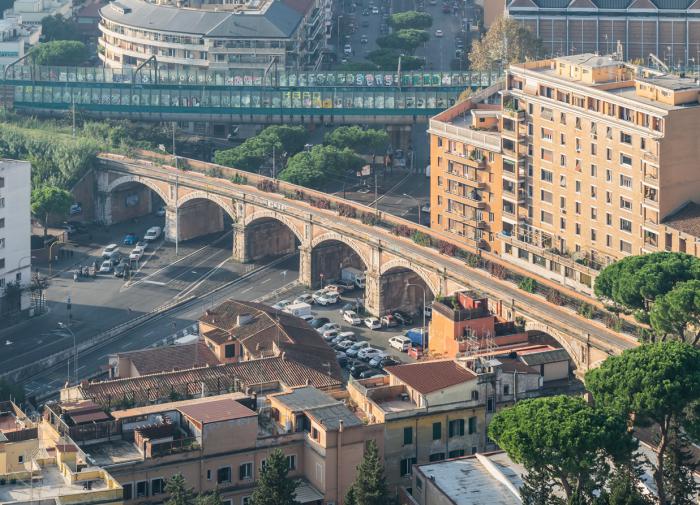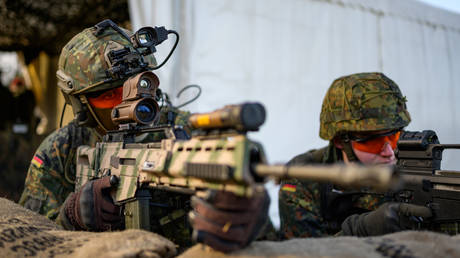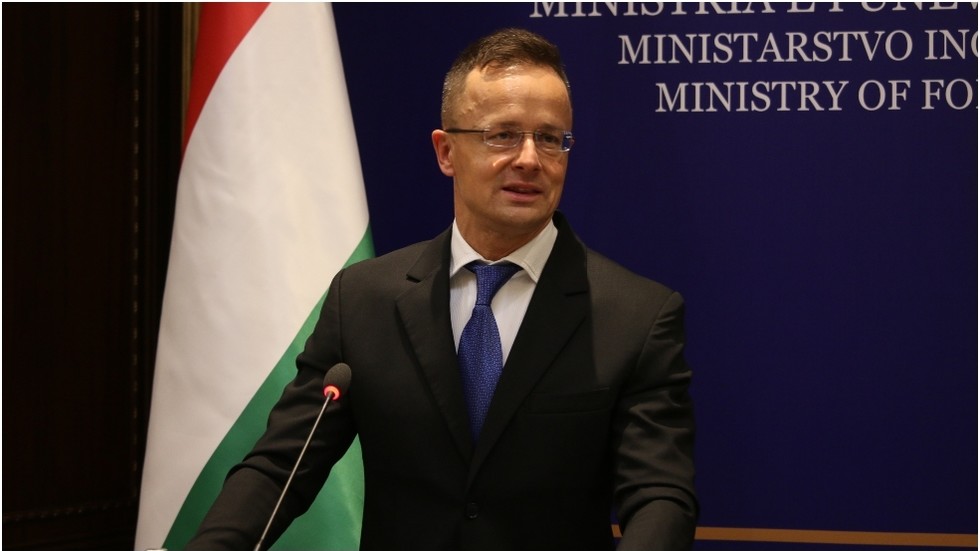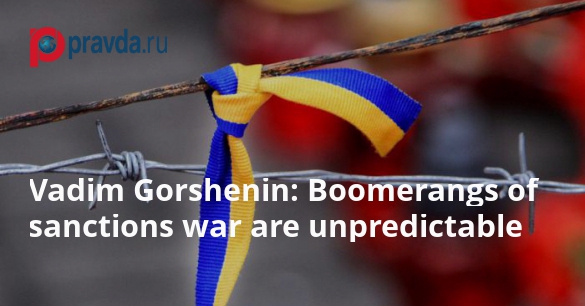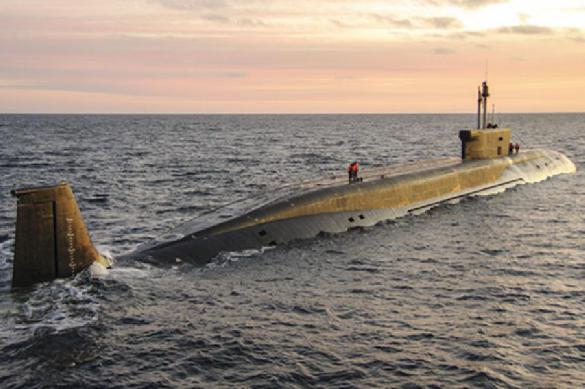[ad_1]
To get to the Russian capital from Vladimir, a metropolis 200km east of Moscow, locals who can’t or received’t drive wouldn’t have a complete lot of selections. The practice is the quickest and most snug methodology, however the costs range wildly – from RUB600 ($9) to RUB4700 ($70) – relying on the practice, and the schedule isn’t essentially the most accommodating. Buses go away the station virtually each hour, with a visit costing about RUB450, cheaper than any practice ticket. However the expertise, like in most cities all through Russia, isn’t the most effective one: tickets can solely be purchased on the crowded and poorly lit bus station or straight from the bus driver, whereas the buses themselves usually really feel like they need to have been retired from service way back. Some are newer, however there isn’t a manner of figuring out which one you’ll get.
However there’s another: since 2014 Russians have been in a position to make use of BlaBlaCar, a ridesharing service that connects drivers and passengers. Launched in France in 2006, the corporate has since expanded to 22 nations and is now value $1.6bn, based on CBInsights’ “Unicorn Checklist”, and is now rising strongly in Russia too.

Protruding a thumbski
The thought behind BlaBlaCar is to permit personal drivers who would have in any other case travelled with empty seats to fill their automobile – and assist cowl the price of the journey on the identical time. Passengers can guide their journeys straight from the web site or the app, and know prematurely in what sort of automobile they are going to journey and who their driver will likely be. A assessment system like that which is more and more present in different service apps like Airbnb and Uber permits the would-be passenger to shortly consider the driving force. Journeys on BlaBlaCar are virtually at all times cheaper than by bus or by practice: to go to Vladimir from Moscow often prices round RUB350 on the ridesharing service; drivers set their very own costs, though the app provides a “really useful” worth.
This recent tackle travelling has confirmed enticing in Russia, which has a protracted custom of automobile sharing from Soviet occasions, when employees may make up their pay by moonlighting as taxi drivers. The corporate doesn’t give knowledge on particular person nations, however Alexey Lazorenko, head of the corporate’s Russian department, tells bne IntelliNews it’s rising quickly. “Once we launched, we have been aiming at 300,000-400,000 registered customers within the first 12 months, which was formidable, however we truly reached 1,000,000 in simply ten months,” he says. BlaBlaCar additionally tells bne that greater than 1,000,000 individuals had registered simply this summer season. On the preferred route, Moscow/Saint Petersburg, greater than 300 journeys can be found at any given time.
Russia’s recession has made punters extra price aware and they’re on the lookout for cheaper methods of getting round. Meaning Russian automobile house owners are leaping on the likelihood to offset the price of journeys. The passengers are additionally joyful to chop the price of their journey in half or extra. “The financial disaster is without doubt one of the drivers of BlaBlaCar’s development,” says Lazorenko. “Folks wish to lower your expenses, that’s pure.”
Social networking
However Lazorenko can also be eager to emphasize that the financial disaster alone isn’t sufficient to clarify the corporate’s speedy development in Russia. “The social expertise, this potential to satisfy new individuals, it’s an enormous issue too.”
Vladimir, a 24-year-old from Krasnodar, has already made greater than 80 journeys as a driver on BlaBlaCar: “It’s an extra revenue for me, and it makes my journeys much less boring.”
This social facet of BlaBlaCar was initially grounds for scepticism over whether or not the service would achieve Russia, based on Lazorenko. Many argued that Russians are “a closed individuals, who don’t belief one another” and a service making strangers journey collectively wouldn’t work. Nonetheless, Russians proved to be no much less suspicious of one another than the residents of any of the 21 different nations the place BlaBlaCar is energetic. Lazorenko, nonetheless, factors at one, nonetheless unexplained distinction with the remainder of Europe: Russians are likely to plan their journeys only a few hours forward, whereas in different nations it’s often two or three days prematurely.
BlaBlaCar has picked a superb time to enter the Russian market, the place the inhabitants is already accustomed to utilizing on-line providers to get round. The taxi apps like Uber or Yandex.Taxi are already properly established in many of the huge cities. The French firm has dropped at journeys between cities what these apps did for transportation inside them.
BlaBlaCar remains to be shedding cash, however with no direct competitors it could possibly take its time to win market share. A 20% fee has simply been launched on passenger bookings on one route, from Ekaterinburg to Chelyabinsk. “It’s only a testing part,” says Lazorenko. “We’re not making an attempt to monetize as quick as doable, in any other case we may most likely have began six months in the past. The purpose is to do issues correctly.”
With most forecasts predicting a number of years of low GDP development, Russians’ curiosity for an economical manner of travelling is unlikely to decrease.
[ad_2]
Source link




